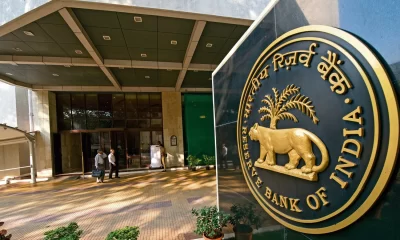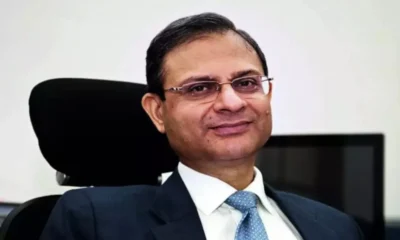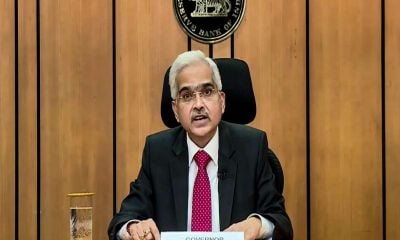Latest business news
RBI cuts its lending rate to banks by 0.35 per cent, GDP growth from 7 per cent to 6.9 percent

India News
Union Budget 2026 highlights: Nirmala Sitharaman Raises Capex to Rs 12.2 Lakh Cr, West Bengal Gets Major Allocation
Finance Minister Nirmala Sitharaman is presenting the Union Budget 2026 in Parliament today. Follow this space for live updates, key announcements, and policy insights.
India News
Union budget 2026 to be presented on Sunday with special trading session
The Union Budget 2026 will be presented on a Sunday for the first time in over two decades, with NSE and BSE announcing special trading sessions for the day.
India News
Modi says right time to invest in Indian shipping sector; meets global CEOs
-

 Latest world news11 hours ago
Latest world news11 hours agoNew Delhi free to buy oil from any source, Russia says amid US deal claims
-

 Cricket news11 hours ago
Cricket news11 hours agoPakistan PM Shehbaz Sharif confirms boycott of India match at T20 World Cup
-

 Latest world news10 hours ago
Latest world news10 hours agoPakistan faces domestic backlash after India secures lower tariffs in US trade deal
-

 India News7 hours ago
India News7 hours agoManipur Assembly to meet at 4 pm today, floor test likely under new chief minister
-

 India News2 hours ago
India News2 hours agoPM Modi accuses Congress of anti-Sikh bias over Rahul Gandhi’s ‘traitor’ remark
















